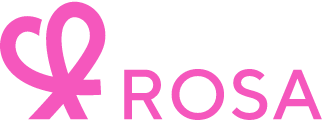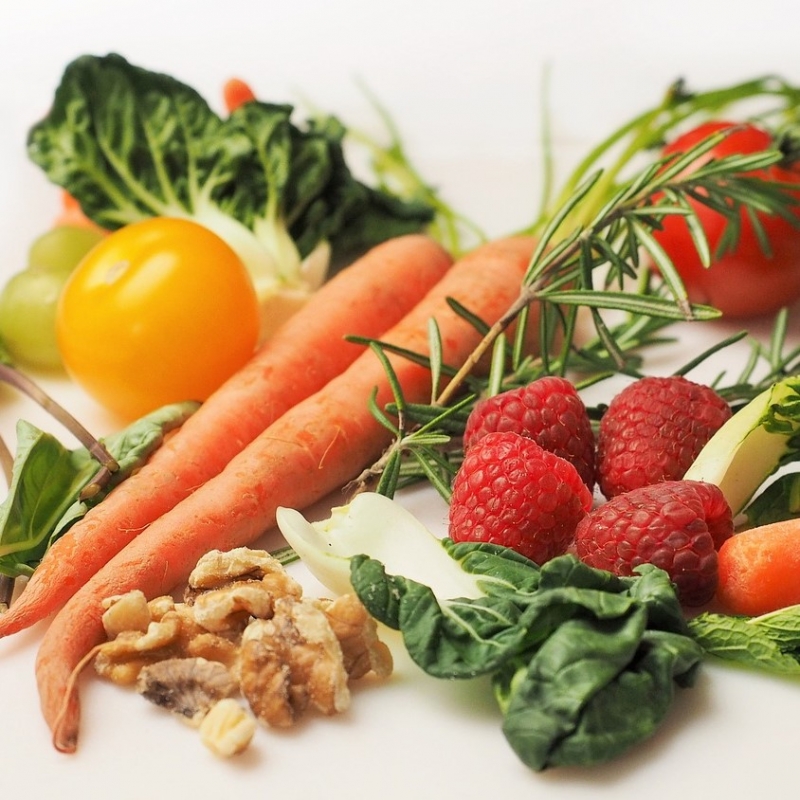During cancer treatment, many patients have changes in feeding. In chemotherapy, in general, the application of drugs aimed at treating the malignant cells also reach healthy cells of rapid multiplication of our organism. Thus, as soon as any part of the organism is reached, the unwanted side effects arise.
I always say to the patients that I accompany: there is no specific and targeted treatment to treat these symptoms, but there are behavioral, food and sometimes medication measures to reduce this negative impact on life quality.
Following, we will check the main adverse reactions caused by cancer treatment and dietary measures to circumvent this condition.
Nausea and Vomiting
These are common symptoms during chemotherapy and radiation treatments. Here are some tips for easing:
Eat small amounts of food several times a day, preferring light, low-fat foods such as soups, broths, juices, digestive teas, and fruit juice like pineapple and lemon.
The use of citric fruits (lemon, pineapple and passion fruit) in the form of juices, popsicles and ice can be consumed at meal intervals if there is no contraindication according to your treatment.
Ginger helps in the immunity and control of nausea. It is very versatile, can be consumed in juices, in the form of tea or in food stews.
Cryotherapy is a great strategy, which consists of sucking ice cubes about 30 minutes before the meal. Caution: some medicines contraindicate the use of frozen foods. Consult medical and nutrition staff for more information.
Swelling
Swelling is present in some types of protocols, mainly for the treatment of leukemias and breast cancer. It is often associated with the use of corticosteroids. Some dietary strategies help to reduce this symptom:
Avoid consumption of processed foods, such as cookies and curd.
Do not drink soft drinks. This type of drink concentrates a lot of sodium, which contributes to fluid retention.
Reduce the use of cooking salt as well as canned foods.
Do not consume sausages. These foods end up inflaming the body and increasing fluid retention. Avoid: salami, ham, mortadella, turkey breast and calabrese.
Do not use alcohol or even non-alcoholic beer.
Feeding tips to reduce side effects in general
Hydration – It is very important to stay hydrated before, during and after treatment. To vary the palate, invest in waters flavored with slices of lemon, mint and ginger.
Fruit popsicles – Although highly recommended to combat some symptoms, the ice cream has a lot of trans fat and sugar. The tip is to invest in homemade fruit popsicles, because in addition to contributing to hydration, they are rich in vitamins and nutrients.
Yogurts – Yogurt is a functional food source of protein and plays an important role in regulating the intestinal flora. The best version is that natural, without adding sugars, dyes and aromas. A good tip is to mix with naturally sweet fruit pieces such as mango, grape, strawberry and banana.
Fish – Sources of proteins and fats important for health maintenance. Invest in omega-3 rich fish such as sardines, tuna and herring.
Vegetables – Cruciferous vegetables such as broccoli, cabbage, cauliflower and cabbage (including purple) are allied in both preventing and strengthening the body's defenses.
It is important to remember that during cancer treatment, specialized nutritional support is needed to manage unwanted side effects, weight control, improved immunity and supplementation only when needed. Be sure to talk to your doctor and do nutritional monitoring.
* Article written by Beatriz Silva, nutritionist of São Carlos Saúde Oncologica

